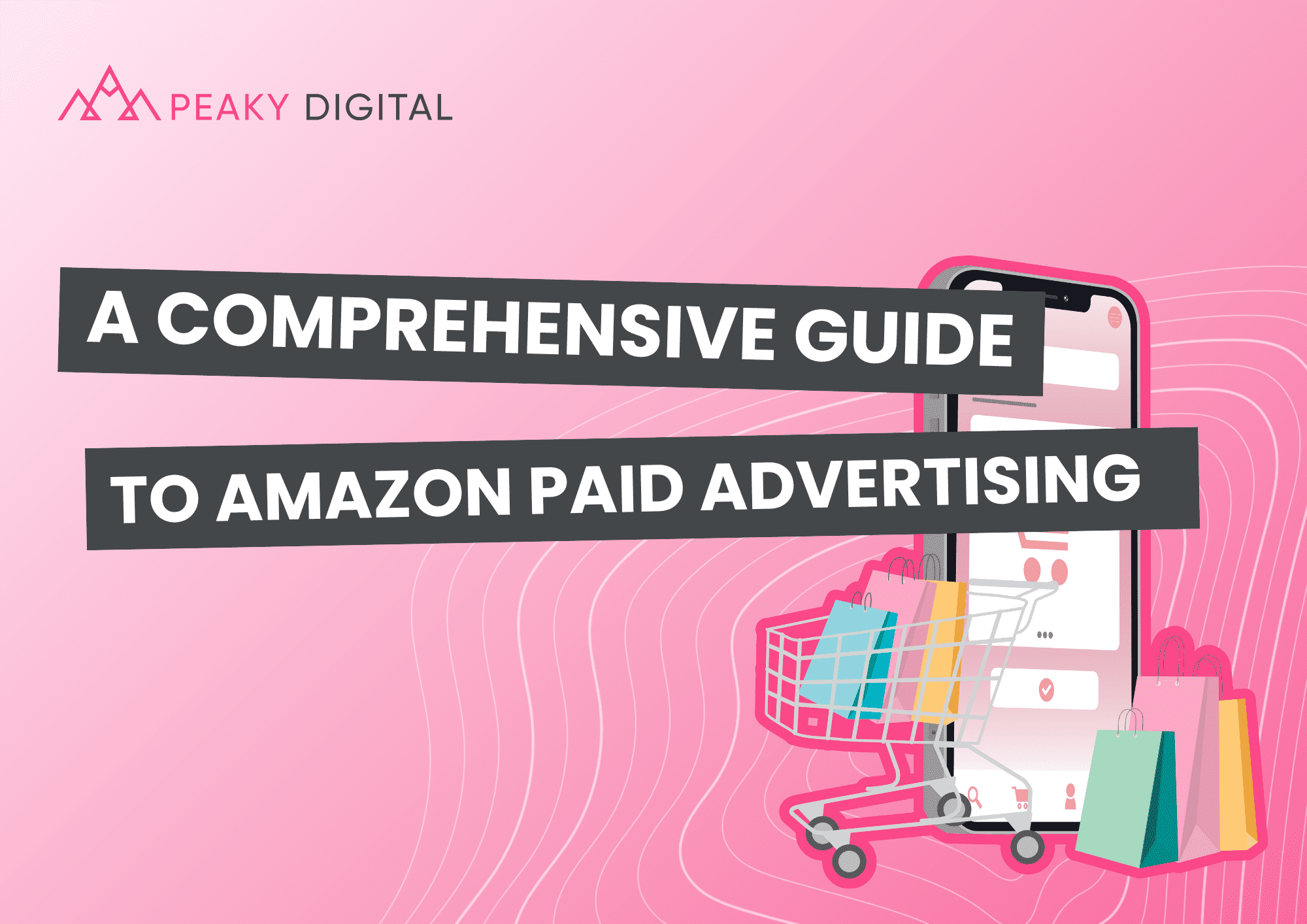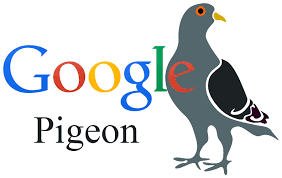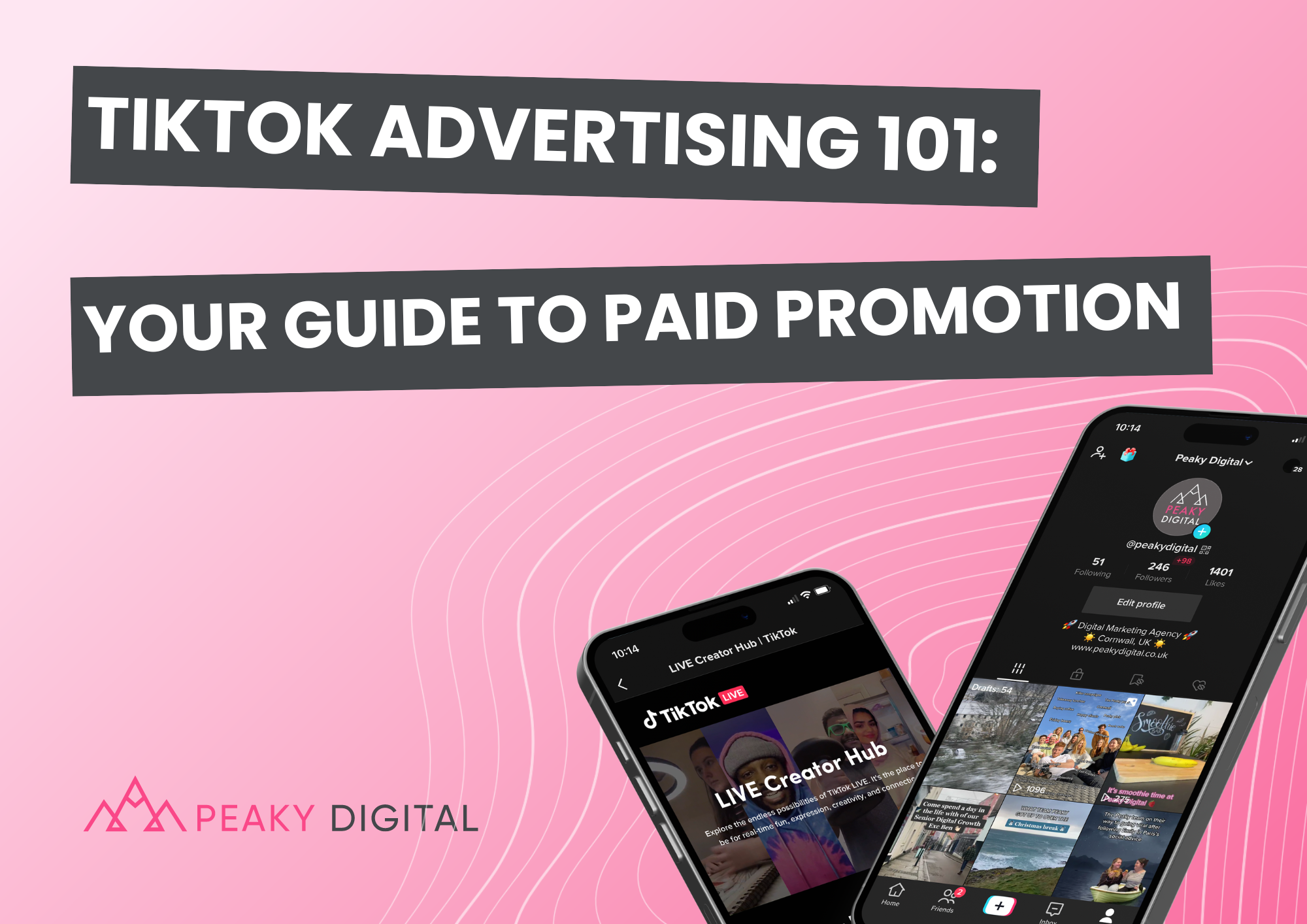
A Comprehensive Guide to Amazon PPC Marketing
Apr 2, 2024
In the expansive sector of e-commerce, Amazon asserts itself as a dominant force, captivating millions of…
by Natalie Temple
Dec 7, 2016Google Algorithms, Google Pigeon

When you make a search on Google, they run all indexed sites through a series of algorithms designed to check each one against a list of ranking factors. There’s more than 200 ranking factors in total, so these algorithms make it easier to filter out the best quality sites, most relevant to your query.
Since it’s inception, Google has introduced many new algorithms, and tweaked old ones, in order to provide more focused and relevant search results.
Pigeon is the Local SEO algorithm that introduced similar sort of requirements for local rankings as non-local rankings. Local rankings had previously been held accountable to a different set of rules, but Pigeon changed that.
In addition to bringing the two algorithms closer together, Penguin also introduced new algorithms regarding location and distance. When it initially rolled out, it has been said that more than 50% of local search results were affected.
In a nutshell, the Pigeon update means that you now need to put a little bit more effort in if you want to rank locally. In addition to the Local SEO practices that are needed to rank for local searches, you now need to consider standard SEO practices too. This is a lot easier than it sounds, as it’s simply a case of ensuring that your website is well-optimised, as well as tailoring it to local search results.
Things you need to consider in order to meet the Pigeon requirements are:
Brand awareness, business growth or a bigger and better ROI, our team of digital specialists are here to help you get the most from your brand. Let's start a new partnership today.

Apr 2, 2024
In the expansive sector of e-commerce, Amazon asserts itself as a dominant force, captivating millions of…

Mar 29, 2024
In today’s digital landscape, staying ahead of the curve is crucial for businesses looking to maximise…

Mar 5, 2024
What Are Google Ad Scripts? Google Ads Scripts are your trusty companions in the world of…